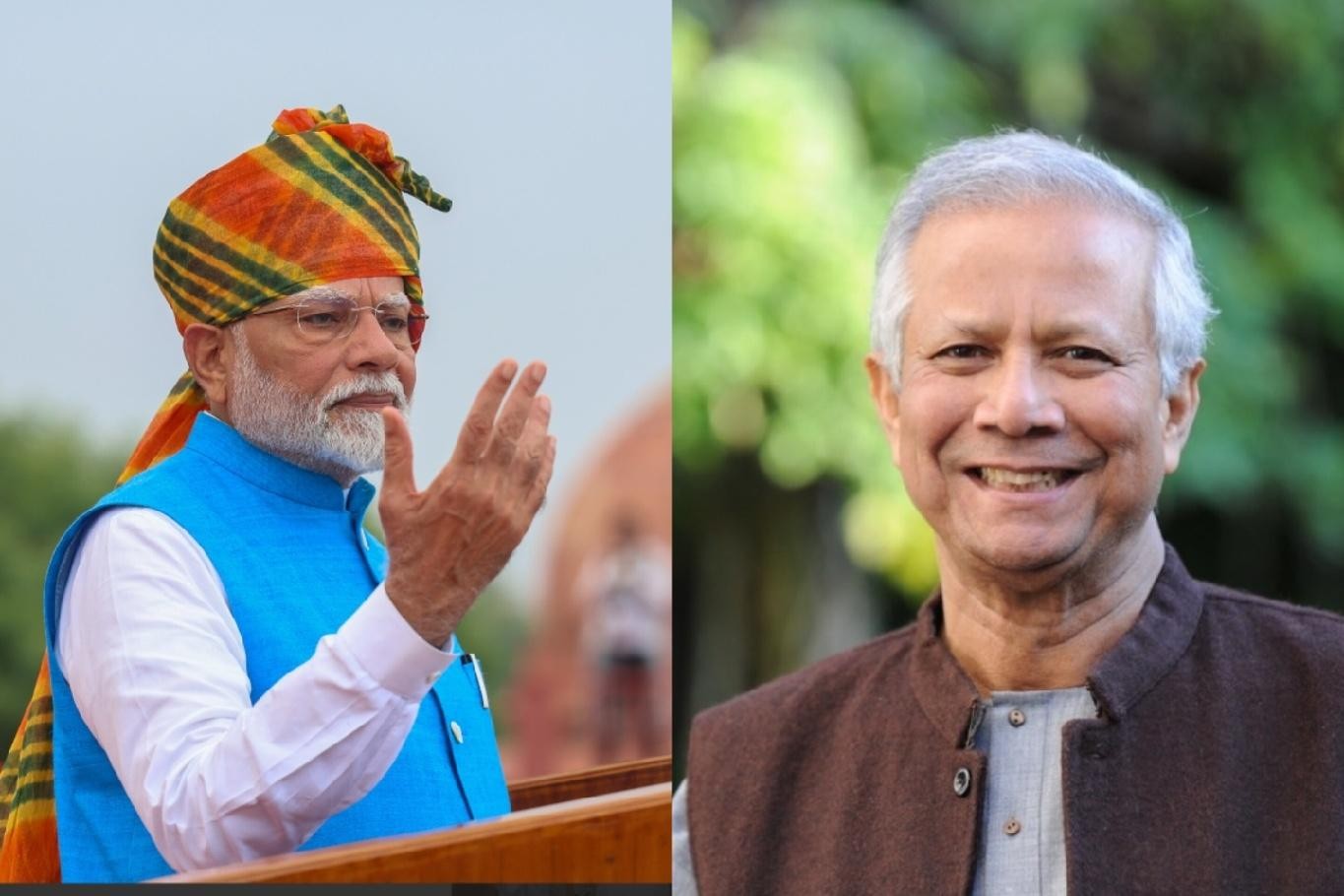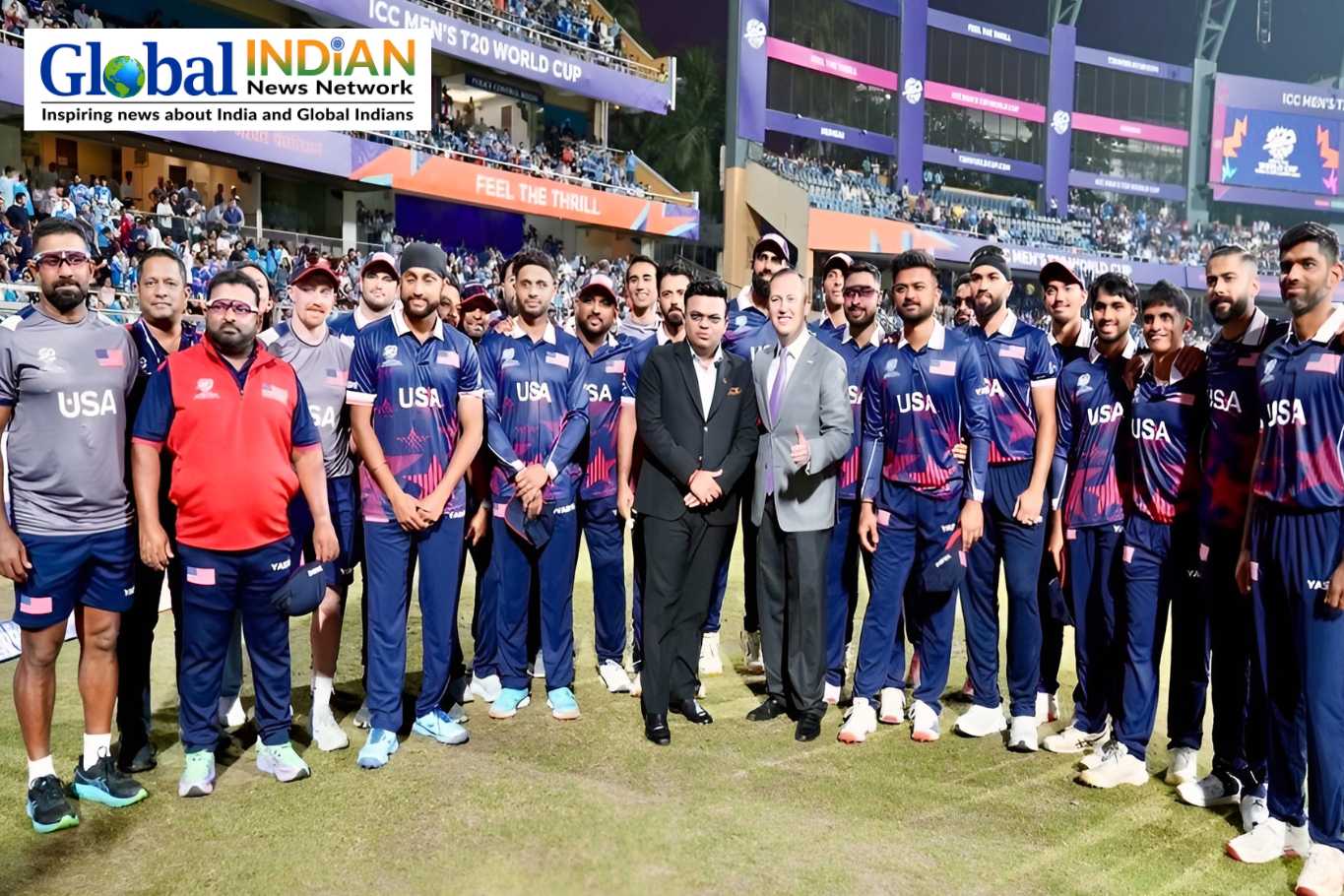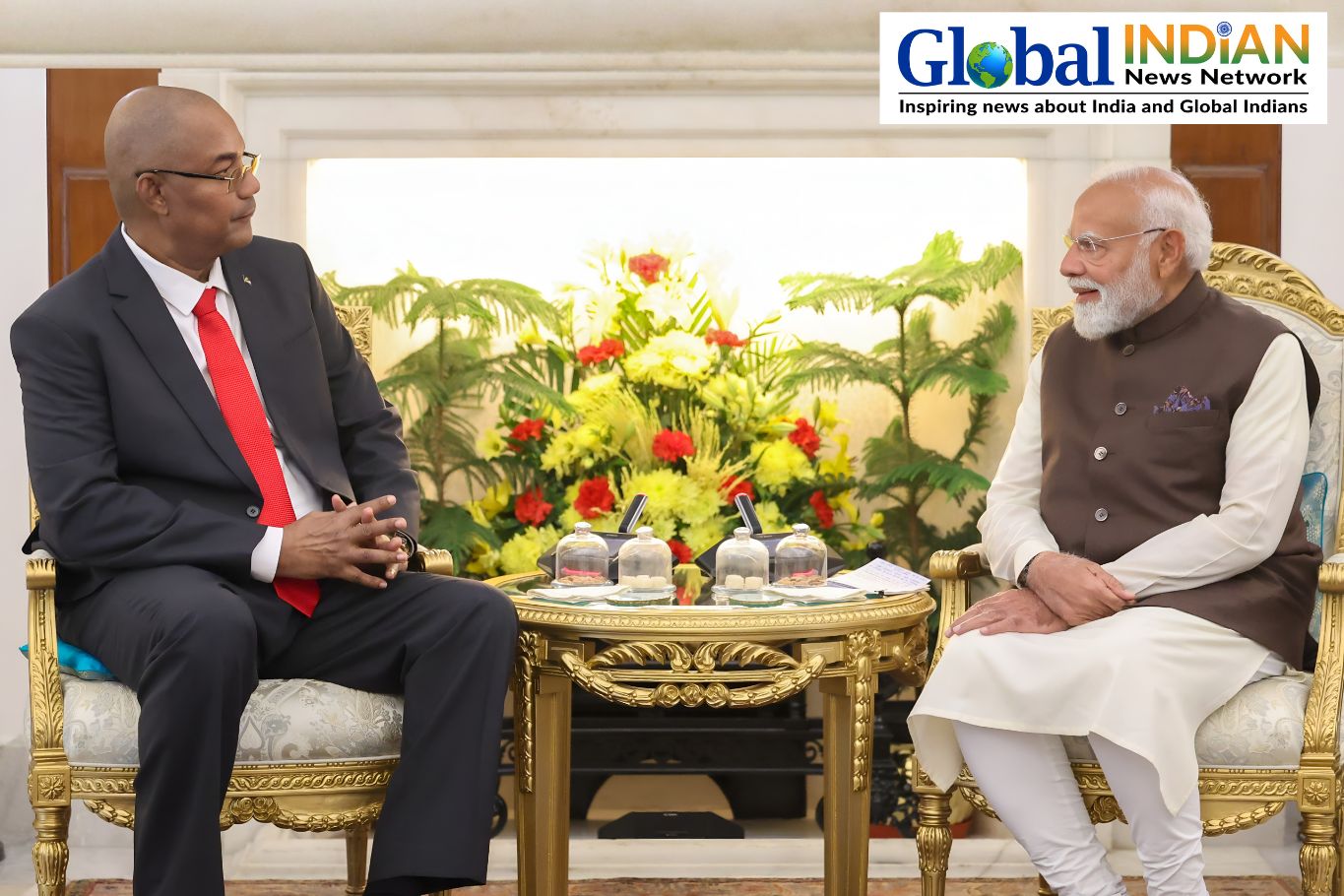
Muhammad Yunus, the head of Bangladesh’s interim government, has reaffirmed his administration’s dedication to facilitating a shift towards an inclusive and pluralistic democracy. He emphasized the importance of creating a conducive environment for free and fair elections while speaking at the Third Voice of Global South Summit, which was hosted virtually by Prime Minister Narendra Modi on Saturday.
Yunus, an 84-year-old Nobel Laureate, reflected on the recent political upheaval in Bangladesh, highlighting the mass uprising that took place on August 5, 2024, referred to as the ‘Second Revolution.’ This movement, led by courageous students and supported by the broader population, resulted in the ousting of former Prime Minister Sheikh Hasina. During the summit, Yunus reiterated his government’s commitment to critical reforms across various sectors, including the electoral system, judiciary, local governance, economy, and education. He also extended an invitation to the international community to visit Dhaka, showcasing his administration’s openness.
In a separate conversation on Friday, Prime Minister Narendra Modi and Yunus discussed the situation in Bangladesh. Modi expressed India’s support for a democratic, stable, and peaceful Bangladesh and was reassured by Yunus about the protection of minorities, including Hindus, in the country. Yunus addressed concerns about reports of attacks on minorities, describing them as exaggerated, and invited Indian journalists to witness the situation firsthand in Bangladesh. He also took the opportunity to congratulate Modi on India’s 78th Independence Day and welcomed him to the Third Voice of Global South Summit.
The interim government leader made it clear to PM Modi that his administration is committed to protecting all citizens, including minorities. Yunus conveyed that the situation in Bangladesh is stabilizing, with normalcy returning to daily life across the nation.
However, the UN Human Rights Office released a preliminary report indicating that nearly 650 people have lost their lives in the recent unrest in Bangladesh between July 16 and August 11. The violence erupted over a contentious quota system for government jobs amidst high youth unemployment. The casualties included protesters, bystanders, journalists, and security personnel, with thousands more injured, overwhelming hospitals. The report also mentioned that state authorities may have restricted hospitals from disclosing details about the casualties. In addition, there were reports of looting, arson, and attacks on religious minorities, as well as revenge acts against former ruling party members and police following Sheikh Hasina’s resignation on August 5. On August 15, mobs allegedly armed with bamboo sticks, iron rods, and pipes attacked supporters of the former Prime Minister’s Awami League Party during a memorial gathering for Bangabandhu Sheikh Mujibur Rahman.









